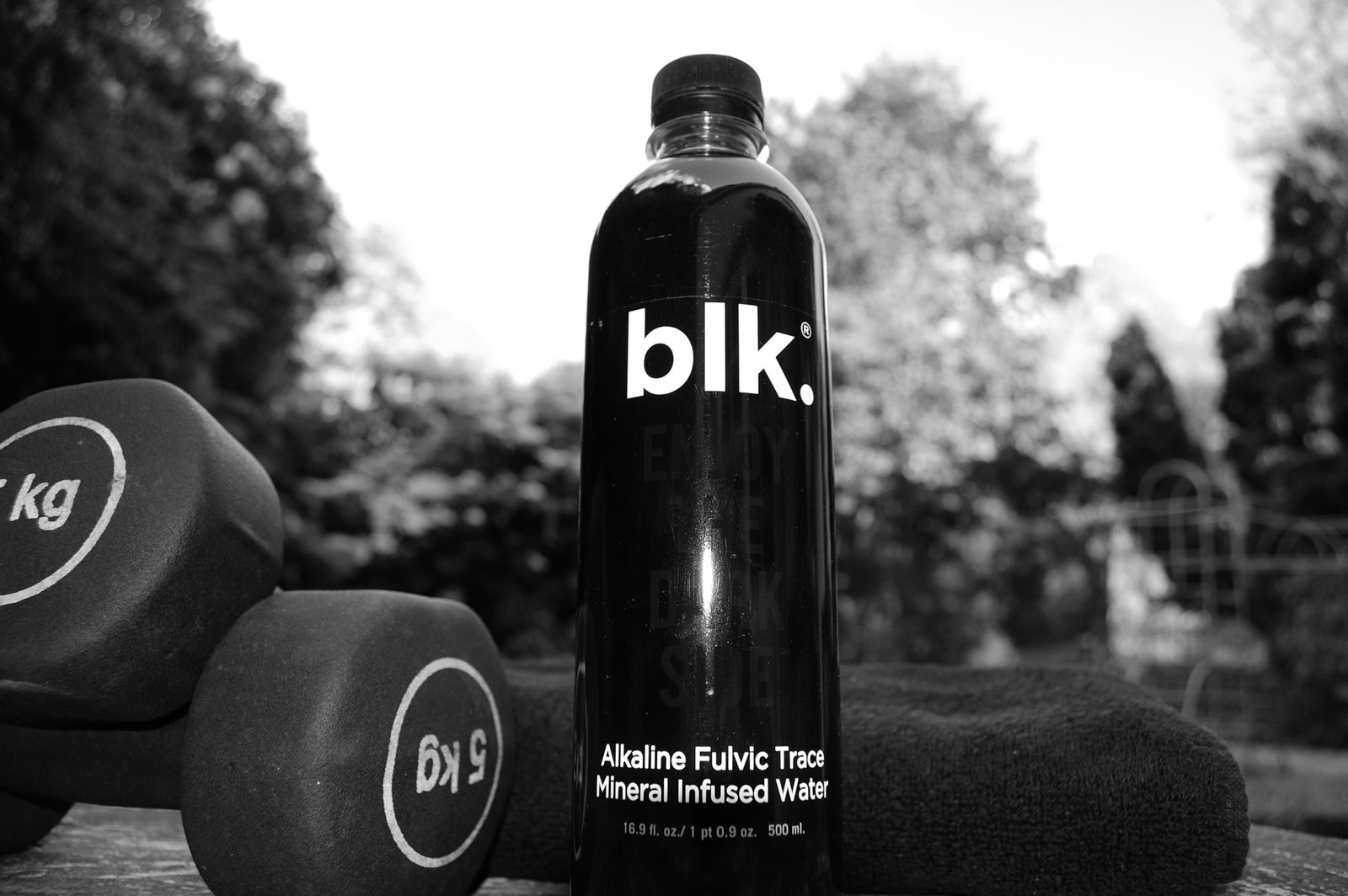With its sleek black packaging and health-promoting promises, black water is all the rage in the healthy beverage industry. Considered an antidote that can boost energy and promote overall health, black water has grown in popularity in recent years.
Although some ingredients used in black water such as fulvic acid and electrolytes may have health benefits, there is not enough scientific evidence to support the claim that black water is good for health. In addition, the price of this drink is often higher than that of other drinks with similar health benefits.
In short, while black water may be appealing due to its design and health promises, it’s important to note that it may not be as healthy as you think. Some reviewers wondered if it was really a healthy drink or just another expensive marketing gimmick. Black water is an expensive hoax or is it real?
Benefits of Black water
Black water is a unique health drink that has gained popularity in recent years due to its potential health benefits. One of the main benefits of black water is its ability to detoxify the body. It is made from fulvic acid, a natural compound found in the earth and used in traditional medicine for centuries for its healing properties.
Fulvic acid is thought to help remove toxins from the body, which in turn can help improve overall health and boost energy levels. In addition to its detoxifying effects, it contains electrolytes and other minerals needed to maintain good health. Electrolytes are important for maintaining fluid balance in the body, and they also help regulate muscle and nerve function.
Minerals like magnesium and calcium are also important for maintaining bone and heart health. In summary, black water may offer several health benefits due to its detoxifying properties as well as its electrolyte and mineral content.
While more research is needed to confirm these benefits, black water may be a healthy option for those looking to improve their health and well-being naturally and over the long term.
Is Black Water Really That Healthy?
“Black water” can also refer to fitness water marketed as a healthy drink due to its dark color and added minerals. However, there is little scientific evidence to support the specific health benefits of black water compared to plain water.
The dark color of black water is usually due to the addition of fulvic and humic acids, which are natural compounds found in soil and organic matter. While these compounds may have some potential health benefits, such as antioxidant and anti-inflammatory properties, more research is still needed to fully understand their effects on the body.
Additionally, some brands of black water may contain added sugar or artificial sweeteners, which can be harmful to overall health when consumed in excess. As with any packaged beverage, it’s important to read labels carefully and know the ingredients and nutritional content before consuming.
It can also cause environmental impacts, one of the potential environmental impacts of black water is related to the packaging and transportation of the product. Like other packaged beverages, black water, often found in plastic bottles or containers, contributes to plastic waste and may not be recycled everywhere.
The production of black water as an exercise drink may require the mining of minerals or other natural resources, which can have environmental impacts such as habitat destruction or water pollution. Also, the marketing and consumption of black water as a healthy drink can contribute to consumer culture and the demand for products that promote a certain image or lifestyle.
In summary, while dark water can have potential health benefits, it’s not necessarily healthier than plain water and may even contain added sugar or artificial sweeteners. It’s important to make informed decisions about the beverages you consume and to priorities hydration by drinking enough water.
Conclusion
Despite of all positive and negative points one must keep in mind that certain types of black water may be marketed as healthy drinks and claim to offer various benefits, but these claims are not always supported by scientific evidence.
It’s important to criticize any product that makes health claims and to do your own research before making decisions about what to consume. Additionally, you should prioritize hydration through adequate water intake, regardless of the claims of specific products.

